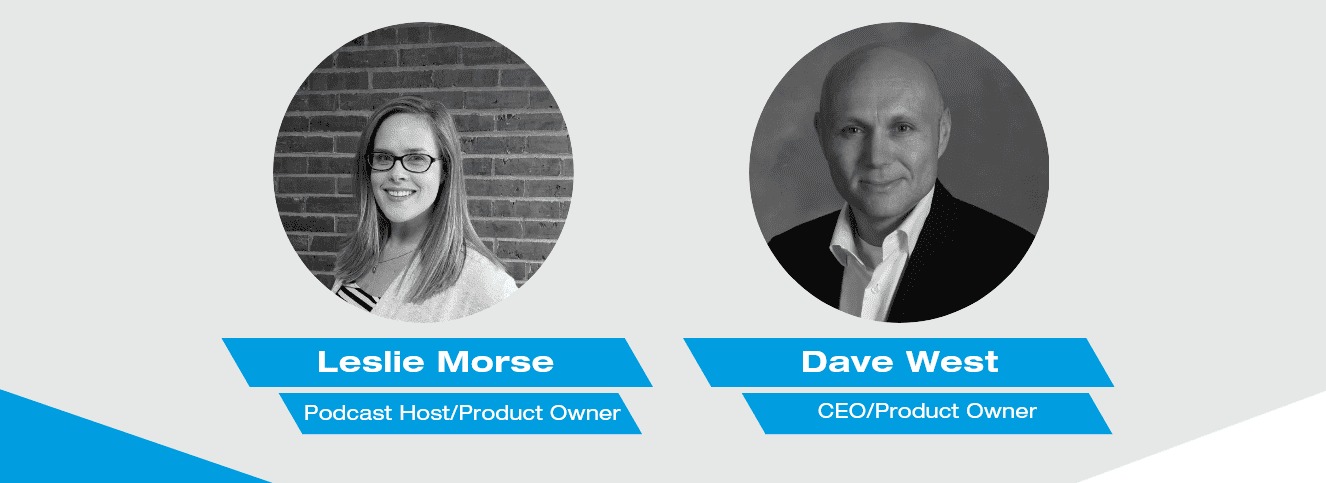Ethics Can Bring Agile Coaching’s Professionalism to the Next Level

A code of ethics in the Agile community
Agile has many principles and values that help guide the way professionals approach their work, which are widespread and happen organically in the community. We are talking about Agile values, Agile principles, Scrum values, and much more. However, something that comes as a surprise to many is that the Agile industry has not defined its own code of ethics yet. “We need to discuss together what are the boundaries for what we will or will not coach individuals and teams on, and how to effectively navigate conflicts of interest that come up when a team wants to do something inherently misaligned with organizational goals. We also need to think about how to handle confidentiality, and all these ethical conundrums that only appear when you are trying to employ professional Coaching skills in the organization,” anticipates Leslie Morse.
The Agile Coach Conference provides a stage to discuss new perspectives
“This conference is a great place to have this debate, because the Dutch Agile community is very vibrant. This curious and professional Coaching environment of the Netherlands gives us a great opportunity to bring important pieces of history and new ideas together,” explains Dave. The panelists designed this session to be open for audience participation, so Conference participants can gain as much information as possible.
The Agile Coach Conference sets the ideal stage for this interactive debate, because it offers participants exposure to all the facets related to the stance of Coaching in an Agile team. “From my experience, this is the largest dedicated conference experience really focused on all the skill sets and competencies related to this activity -- not only on the Agile Coach as a position or title, which is a great differentiator,” adds Leslie.
From my experience, this is the largest dedicated conference experience really focused on all the skill sets and competencies related to this activity -- not only on the Agile Coach as a position or title, which is a great differentiator
Traditional environments still hold Agile back
Some of the new ideas mentioned by Dave involve thinking about how the traditional ways of working and solving problems still impact the Agile industry. The mechanisms and processes that organizations implement reflect the era in which they were created, which means that there is a lot of focus on scarcity, efficiency, extremely long-term plans, and hoarding. However, to embrace a different mindset, many of those foundation habits have to be discarded. “The reality is that the problems that we have require us to really think outside the box and step away from the traditional approaches to solving them. We have to be very creative, flexible, and entrepreneurial. All of those mechanisms require us to take an Agile kind of approach. That is just the reality. A small group of people may decide what our mission is, what our ultimate goal is. But then, a very large group of people have to act on that goal and execute the preceding plans. And that's where adding value happens. That's where innovation happens,'' details Dave.
The current model requires Agile professionals to overcome challenges related to traditional environments, as well as to their own inherent thoughts to promote innovation. “The mindset part is so hard because Agile was born and has been cultivated from an industrial perspective. We've got to figure out how to break the glass ceiling of all of these industrialized structures that are holding us back, such as the presence of artificial hierarchies within organizations,” explains Leslie.
Coaching goes beyond a title
Besides the structural challenges, there is a need to explore Agile Coaching, instead of simply studying what is necessary to become an Agile Coach. The skill sets and competencies of Agile Coaching are relevant to all teams working in complex situations and dealing with advanced issues. “Agility emphasizes how to handle those kinds of scenarios, because the concept of sprints amplifies the need for frequency, focus, energy, and transparency. I'm learning more and more every day that as a practitioner in this space, I need to know about Agile Coaching, even though the last thing I want to be is an Agile Coach,” says Dave.
This is just the beginning of our debate. Let's prolong this compelling discussion on March 30th at the Johan Cruijff ArenA in Amsterdam. Be sure to save your Early Bird spot for the Conference by clicking here.
You also can already get in touch with speakers and other attendees by joining our Agile Coach Conference 2022 LinkedIn event page. See you there!
